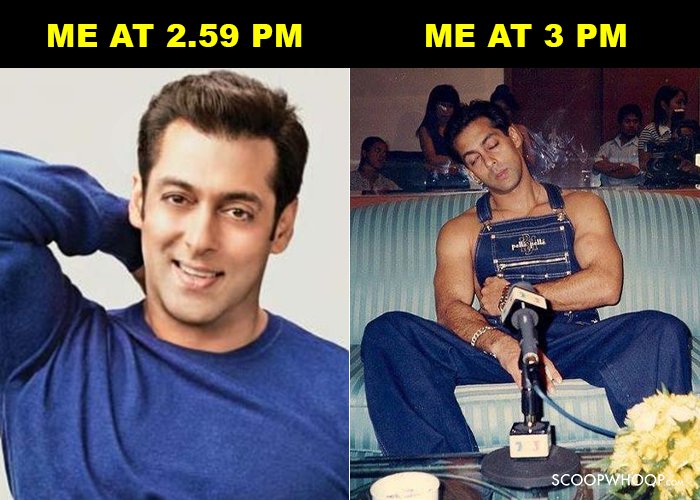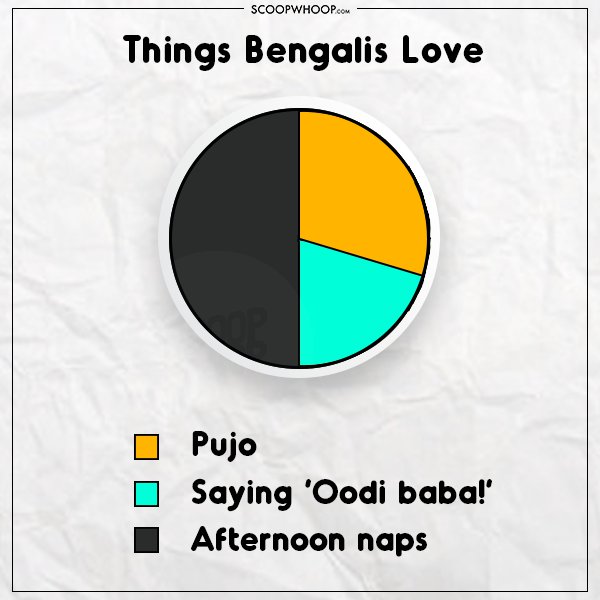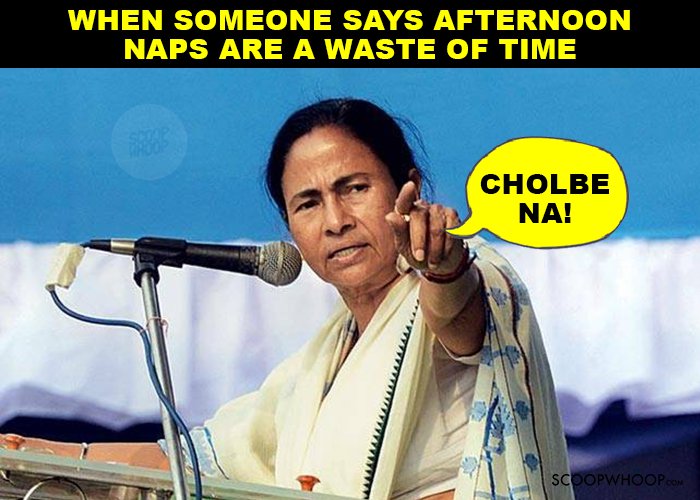As a hefty lunch of pheesh-rice is consumed in our household, I see a familiar glaze envelope my mother’s eyes. I enquire about her plans for the day, and she vaguely mutters something about my plate being dirty. She’s physically present, but the afternoon nap gods have pretty much ensnared her mind.

The afternoon siesta is sacrosanct in the Bengali household. A quintessential part of Kolkata kalchaar, its torpid tendrils have made their way to the rest of India with relative ease.

One could argue that there are multiple upsides to catching a few zees in the noon. After all, it’s hard to ward off that 3 pm languor (or langoor, as my family quips). The sun in your eyes, food in your belly, sheep in your brain… work isn’t exactly easy to accomplish.

Everyone’s got their own traditions, they’re things that make people tick. Heck, the Goans even have a word for their lack of afternoon ambition – susegado. I suppose the Kolkata version of that would be lyadh.

Afternoon naps are ingrained in Bengali kids. You come home from school, you get your sustenance, and then you pass the fuck out for about 2 hours.

The feeling itself is hard to explain – you drift off, succumbing to the drowse, melting into the warm embrace of a familiar friend. The pillow whispers sweet nothings into your ear. If you strain hard enough you can almost hear it say, “2 more minutes.”

Anyway, this ode to sleep could go on forever, but all good things must come to an end, just like an afternoon nap. So the next time you feel that sweet slumber nagging at your eyelids, don’t fight it. Make like a Bong and try it.



